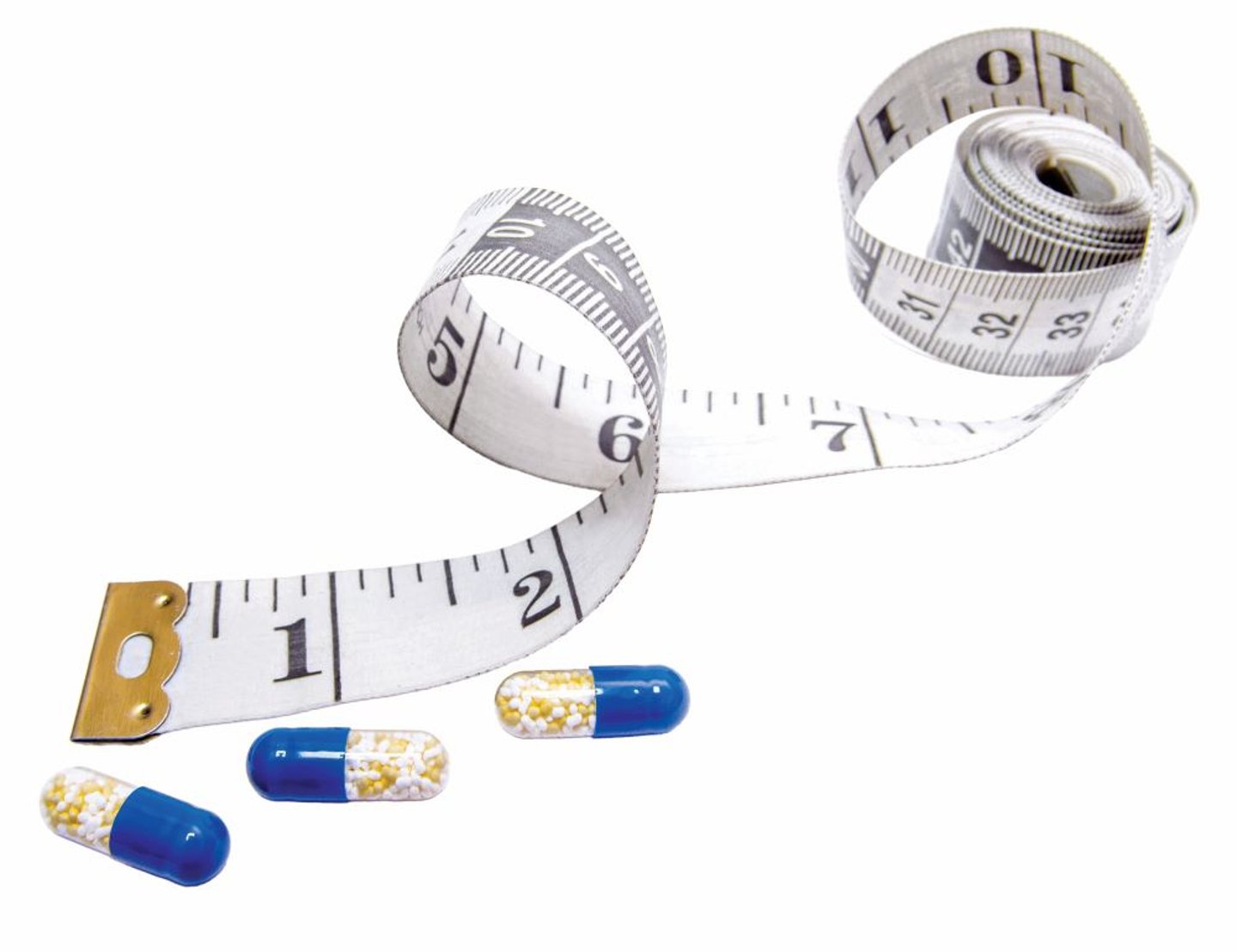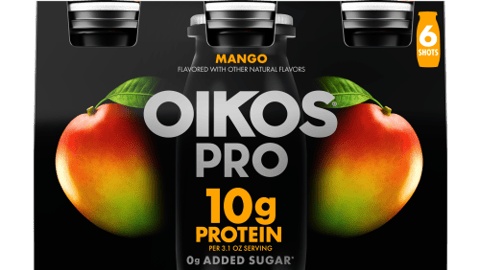Anti-Obesity Drugs’ Impact on Food Retail
With a 700% increase in prescriptions for GLP-1 medications used for weight loss between 2019 and 2023 and the market anticipated to grow to $150 billion by 2030, food retailers are seeking ways to capitalize on the trend. Although a new study released by Cornell University and Numerator shows that GLP-1 users reduce grocery spending by 6% to 9%, the data also shows that they’re shifting spending habits away from sweets and snack products to the produce, yogurt and protein categories.
A Growing Appetite
Despite the high cost of GLP-1 medications – more than $1,000 monthly – and side effects, their effectiveness at producing weight loss is driving demand. While an estimated 6% of U.S. adults are currently using GLP-1 drugs for weight loss, surveys show that more than 30% of Americans are interested in trying them. Novo Nordisk, the pharmaceutical manufacturer of Ozempic, reports that 25,000 Americans a week are signing up to take Wegovy, the first FDA-approved GLP-1 injection for the treatment of obesity.
How They Work
Glucagon-like peptide 1 (GLP-1) is a naturally occurring hormone produced in the small intestine that triggers the release of insulin in response to eating. Insulin is an essential hormone that allows the body to use the food you eat for energy. As insulin increases, glucagon hormone production decreases, and as a result, food stays in the stomach longer, effectively slowing down digestion and creating the feeling of fullness, or satiety. When it takes longer to digest food, less glucose goes into the bloodstream, so blood sugar doesn’t spike as easily. In addition to reducing hunger signals and taste perception, GLP-1 drugs also minimize food cravings and impulses regarding such addictive substances as alcohol and tobacco.
Nutritional Concerns
Although GLP-1 drugs get a lot of buzz for their benefits, a large percentage – 50%-75% – of people who try the medications stop using them within a year, due to side effects that can range from mild to severe. While many of the gastrointestinal disturbances, such as nausea, diarrhea and constipation, resolve within a few months, the biggest complaint of GLP-1 users is rebound weight gain when medication use is stopped. Although losing weight rather effortlessly by taking a weekly injection is appealing over the alternatives of diet and exercise, without attention to adequate nutrition, many GLP-1 users inadvertently lose muscle (lean body mass) and experience nutrient deficiencies that create other health issues.
When it comes to improving health, GLP-1 drugs aren’t a risk-free panacea. According to Sarah Marjoram, MS, RDN, a dietitian who specializes in food as medicine, “When it comes to improving health, seeking the advice of a registered dietitian is the way to get personalized nutrition guidance and support in making lifestyle behavior changes that are the key to long-term and healthy weight management.” Dietitians can help people who are considering GLP-1 drugs, assist individuals taking them who may have side effects, and guide individuals on weight maintenance after they’ve stopped taking the medication.
Food Industry Reaction
Among CPG companies, Conagra and Nestlé are seeking market share by marketing products to GLP-1 shoppers. Using food labels to call attention to specific nutrients such as high protein and high fiber is a smart tactic that grocers should take note of by highlighting options throughout the store, especially in perimeter departments. Ready-prepared, portion-controlled meals and convenient snacks featuring fresh, better-for-you ingredients (lean meat, beans, seafood, produce, eggs, yogurt and smoothies) can appeal to a wide variety of health-conscious shoppers.
Whether it’s offering nutrition services that complement the prescriptions sold in the pharmacy or employing nutrition expertise in boosting your marketing credibility and media outreach, now, more than ever, is the time for grocers to call on registered dietitian experts.











